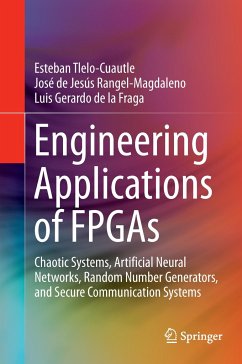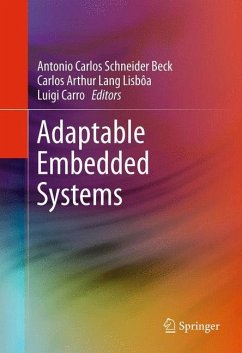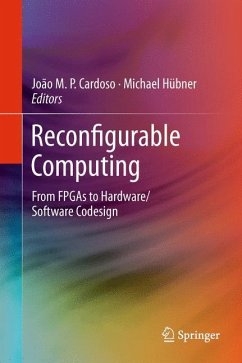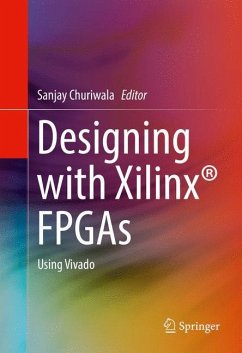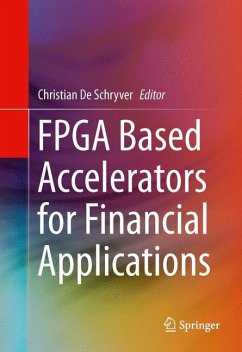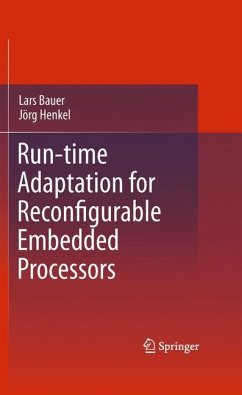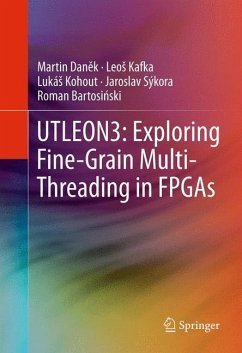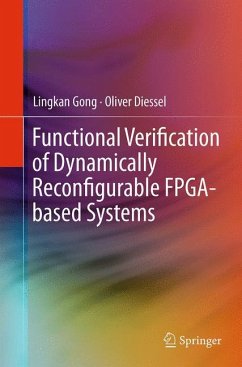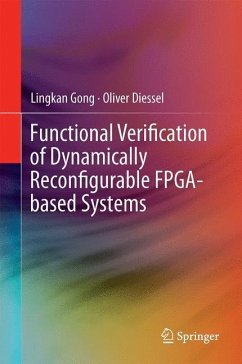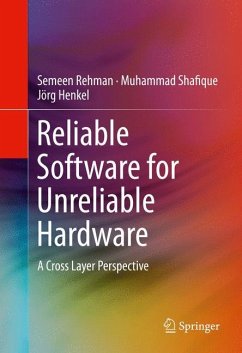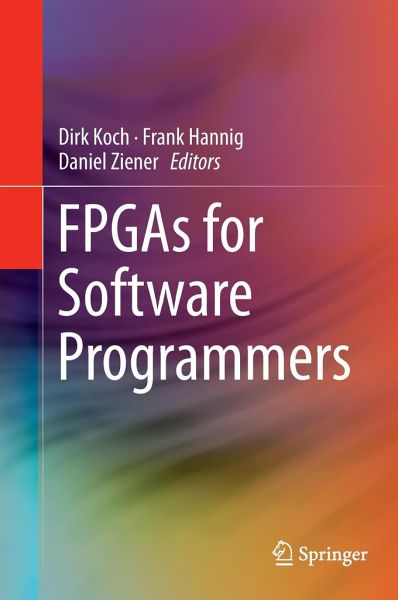
FPGAs for Software Programmers

PAYBACK Punkte
57 °P sammeln!
This book makes powerful Field Programmable GateArray (FPGA) and reconfigurable technology accessible to software engineers bycovering different state-of-the-art high-level synthesis approaches (e.g.,OpenCL and several C-to-gates compilers). It introduces FPGA technology, itsprogramming model, and how various applications can be implemented on FPGAswithout going through low-level hardware design phases. Readers will get arealistic sense for problems that are suited for FPGAs and how to implementthem from a software designer's point of view. The authors demonstrate that FPGAs and their programm...
This book makes powerful Field Programmable GateArray (FPGA) and reconfigurable technology accessible to software engineers bycovering different state-of-the-art high-level synthesis approaches (e.g.,OpenCL and several C-to-gates compilers). It introduces FPGA technology, itsprogramming model, and how various applications can be implemented on FPGAswithout going through low-level hardware design phases. Readers will get arealistic sense for problems that are suited for FPGAs and how to implementthem from a software designer's point of view. The authors demonstrate that FPGAs and their programming model reflectthe needs of stream processing problems much better than traditional CPU or GPUarchitectures, making them well-suited for a wide variety of systems, fromembedded systems performing sensor processing to large setups for Big Datanumber crunching. This book serves as aninvaluable tool for software designers and FPGA design engineers who are interestedin high design productivity through behavioural synthesis, domain-specificcompilation, and FPGA overlays.
Introduces FPGA technology to softwaredevelopers by giving an overview of FPGA programming models and design tools,as well as various application examples;
Provides a holistic analysis of the topic andenables developers to tackle the architectural needs for Big Data processingwith FPGAs;
Explains the reasons for the energy efficiencyand performance benefits of FPGA processing;
Provides a user-orientedapproach and a sense for where and how to apply FPGA technology.
Introduces FPGA technology to softwaredevelopers by giving an overview of FPGA programming models and design tools,as well as various application examples;
Provides a holistic analysis of the topic andenables developers to tackle the architectural needs for Big Data processingwith FPGAs;
Explains the reasons for the energy efficiencyand performance benefits of FPGA processing;
Provides a user-orientedapproach and a sense for where and how to apply FPGA technology.





